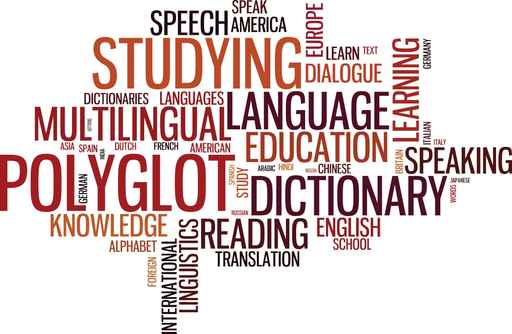When you hear the word “freelancer,” different ideas may come to mind. The average person might see freelancers as lazy individuals whose lives are undemanding and carefree. This is simply untrue. A successful freelancer is rather busy, and is constantly promoting themselves. We have already given you steps on becoming a successful freelancer. Now, let’s discuss why many freelancers fail:
- Expecting too much, but giving very little. So you’re starting your career as a freelance translator. You’ve applied to 20 or so different companies, but you haven’t heard back and you feel discouraged. Increase your effort! Utilize social media and learn to network. You must promote yourself and gain contacts in order to be successful. You must acknowledge that there is a startup phase, and it can take about a year to find work, complete it, and begin making money.
- You fear failure. You must be fearless to be a freelance translator (or at least not let the fear take over). You will make mistakes. You will get rejected. Your early days will not be easy, but don’t fret. Failure teaches us lessons that we need to learn. We will all make mistakes in our early careers. When you learn from your mistakes, you will be more successful.
- Believing the myth that freelancers have it easy. It is not supposed to be easy. If your life as a freelancer is easy, then you’re not working hard enough. While it is nice not to have to answer to anyone, working for yourself could prove to be even harder than working for someone else. You will have to work when you don’t want to. If you feel as though you want to become a freelance translator so you can only work just a few hours a day, you can, but you will not be making much money. Being a successful freelancer means that you take the time to create seamless translations, and you are constantly promoting your brand and looking to find more work. By doing so, you will be able to find better assignments, and you can stay busy!
- Failing to be a business person. A freelance translator must not only be capable of creating smooth translations, but they must also know the industry. While having impeccable translation skills is vital to being a successful translator, there are many other important skills needed to reach success. You will need IT skills for keeping up with the latest software available and working through any technical problems that come your way. You must be able to market yourself as a brand and promoting your services to providers. You will also need negotiation skills in order to ensure that you are being paid a fair rate and of course you will need remarkable time-management skills (because you will be really busy!).
- Dedication is everything. We have mentioned before that you must love what you do. If you enjoy language, then you will appreciate learning about the industry. When you love what you do, you will do it well.
Well, now you know better, so don’t fall victim to these widespread mistakes. You have the knowledge, and you know what it takes to accomplish what you want.









